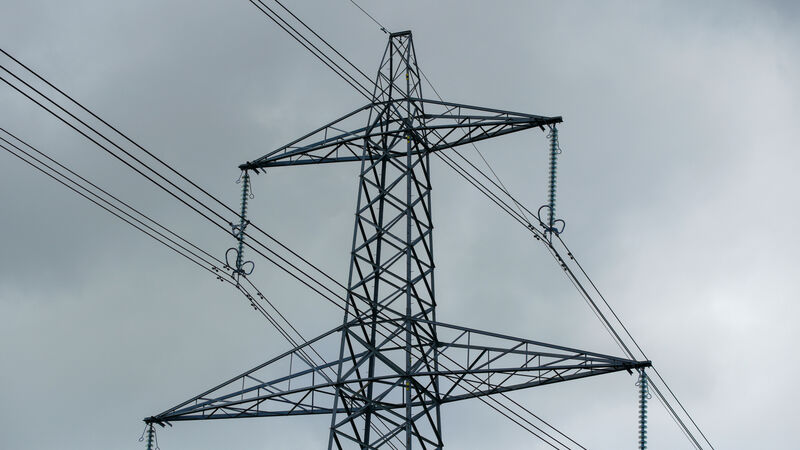Cyberattacks targeting utility firms at 'alarmingly high levels'

Utility firms' increasing reliance on digital systems have made them more vulnerable in recent years, according to the IEA. File photo
Utility firms such as electricity providers have become the new frontier for cyberattacks, reaching "alarmingly high levels" last year, the International Energy Agency (IEA) has warned.
Russia's invasion of Ukraine gave fresh impetus to cyber criminals to attack electricity grids and demand ransoms from energy companies scarcely able to defend themselves due to a cybersecurity staff shortage, it said.













